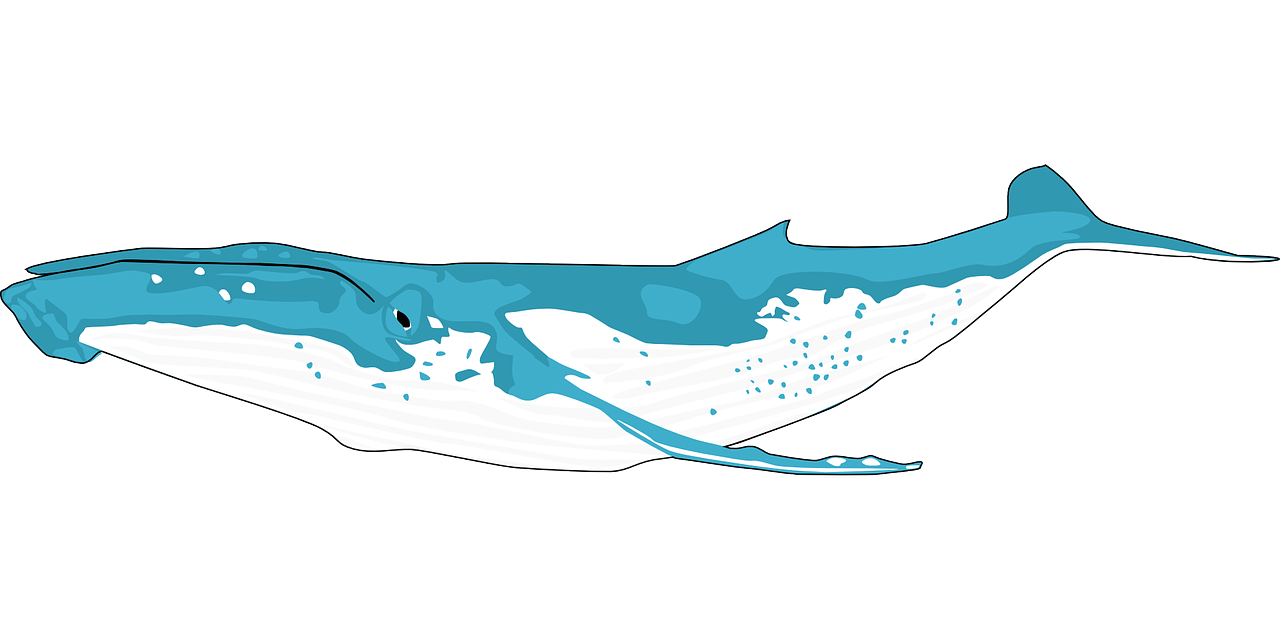
Blue Whale is an internet game which is claiming lives
Most of us heard about it already. For the uninitiated, Blue Whale is an internet game which is claiming lives of vulnerable teenagers. It is a task-list comprising 50 tasks spread over 50 days. Each task is aimed at desensitizing a person for pain and scare and build-up the person’s psyche to the level where they are ready for the final step: Suicide.
Blue Whale challenge is not the first among such games. There have been plenty before like The Pass Out Challenge, The Salt and Ice Challenge, The Fire Challenge and The Cutting Challenge. Each of them involves self-harm ranging up to suicide and creating documented proofs like filming or photographs and sharing them online without any consideration for the explicit nature of the content and yes, of course, general intelligence.
That makes us want to question! Why teenagers, specifically? Why such games? What’s the pleasure in pain? Why is suicide happening? What role is internet playing? How can we avoid such mishaps? Let us explore such questions in detail below.

Understanding teenagers:
Teenage is a vulnerable age where they are no more kids and not yet adults. It is also the time of puberty and in general a very confusing age with a bout of uncontrollable emotions and excess hormonal play in the body. Couple that peer group identification and pressures, lack of clarity, defined goals and purpose, lack of a sense of identity and at that same time being an important age for educational goals. We hope you’re overflowing with empathy for them by now.
Now, those teenagers who are facing tough times with so much of change and finding it hard to cope with their social life, education etc., are at a loss of confidence and self-esteem and undergo other psychological issues. When such a thing happens, there is a void within them and they seek to fill this void in different ways for ex., drugs, bad companionship and games like the blue whale challenge because that gives them a sense of belonging and a sense of accomplishment. “I have done such a scary and hard thing. I am courageous and a brave Hero.” This is the kind of dialogue that runs in their head-space when they participate in such games. Some of the steps are also designed to give them the much-coveted adrenaline and dopamine rush which gives a momentary high feeling. What’s even more worrisome is when they are afraid and want to quit the game, the ‘curators’ of the game deliver them verbal life-threats and warn them that they are tracked. For adults, it is easier to comprehend that it’s stupid but teenagers are vulnerable and might fall into the trap.

How to help?
Conversations and quality time spent. Yes, that’s the only thing necessary to make sure they don’t fall into such traps. How approachable parents are is also a factor! Don’t raise them so strictly that they are afraid to share anything with you. Assume the role of a friendly guide whom they would want to open up with. Best yet, if you are a parent or a teacher, spot the vulnerable kids. Don’t wait for them to open up. Share your own teenage stories and general life-struggles and ask them how they are feeling about themselves. That creates an emotionally safe space for them to open-up and share their struggles. Once that is done, either you may manage to help them or if there is a deep psychological issue, you may immediately seek the help of a Psychologist.
Remember: We have to treat them with respect and child-like care, both together because quite literally they are between being adults and being kids.


